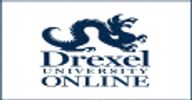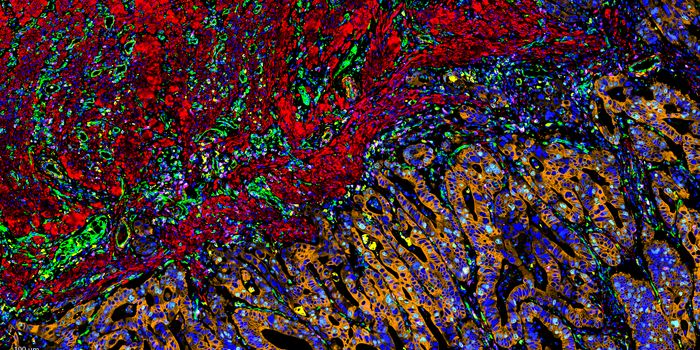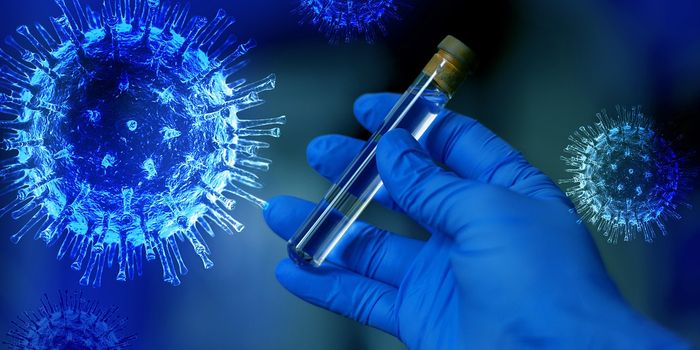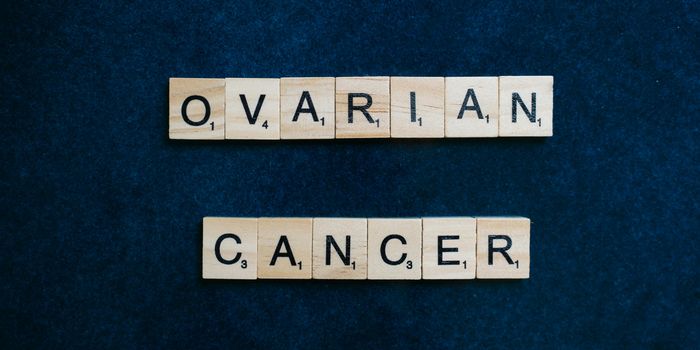A Cheap, Easy Breast Cancer Scan: iBreastExam
A company called UE LifeSciences made a portable, radiation-free device called the iBreastExam that checks for breast cancer. Women in low and middle-income countries and areas have less access to breast cancer screening and treatment. In 2008, about half of breast cancer cases and 58 percent of deaths occurred in less developed countries, according to the World Health Organization. iBreastExam is not intended to replace mammograms, but to offer an additional level of early screening to women for whom mammograms are largely inaccessible due to finances, location, lack of insurance, young age or other factors.
The handheld, vibrating iBreastExam measures tissue elasticity and detects abnormal breast tissue as small as 3 millimeters within about five minutes. The device is linked to a mobile app that notifies the user if abnormal tissue is detected. If this occurs, the next step is generally an ultrasound -- a test that is usually accessible, even in rural areas.
“The basic principle is the fact that abnormal breast tissue, including breast cancer, is stiffer and harder than normal tissue. In simple words, when a clinician does a breast exam, this is what they are looking for with their hands, trying to feel areas that do not move as easily,” engineer and UE LifeSciences Founder and CEO Mihir Shah said.
It was important to the team that developed iBreastExam that it be accessible and simple to use. “We know the person at the front line is a woman health worker, she is not a doctor,” Shah explained. iBreastExam training for these health workers takes between four to eight hours.
Shah was inspired to learn about breast cancer detection when a family member was diagnosed and, when he discovered the imbalance in treatment availability for women around the world, he was driven to find a solution. Shah, who has lived in both India and the U.S., told the Philadelphia Citizen that there is one radiologist for 12 people in the United States, and one for every 100,000 people in India. UE LifeSciences has offices in the U.S., India and Malaysia.
This wireless, cloud-connected device is now approved for use in 12 countries and has been cleared by the FDA as a “breast lesion documentation system.” It has screened more than 250,000 women and detected more than 120 breast cancer cases. Multiple studies have found this tool can detect breast cancer with an accuracy rate of about 87 percent.
One iBreastExam currently costs about $10,000, with each scan costing under $5 (much less than a mammogram). Shah has said he thinks he can reduce costs further as more machines are made.
There were many contributors to the development of the iBreastExam, including Drs. Wan and Wei-Heng Shih of Drexel University, UE LifeSciences Co-Founder and CTO Matthew Campisi, a team of about 20 researchers, engineers and clinicians, and the maker space NextFab.
Learn more about the iBreastExam below.
Sources: Philadelphia Citizen, UE LifeSciences, World Health Organization










